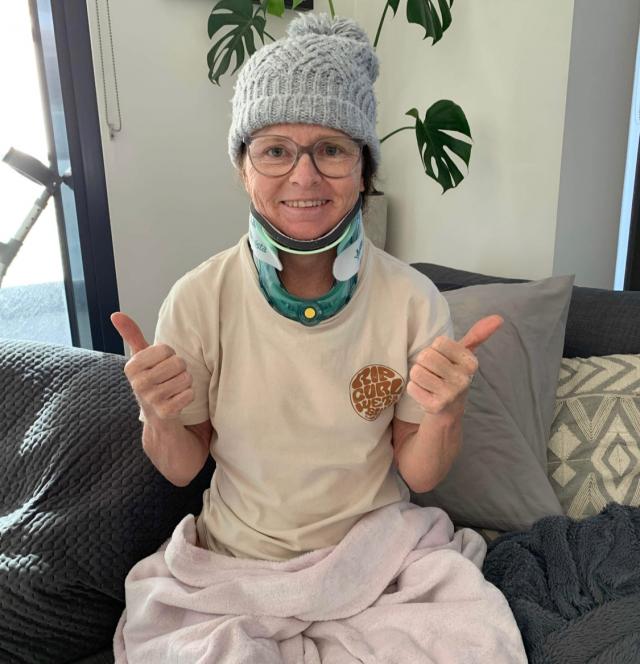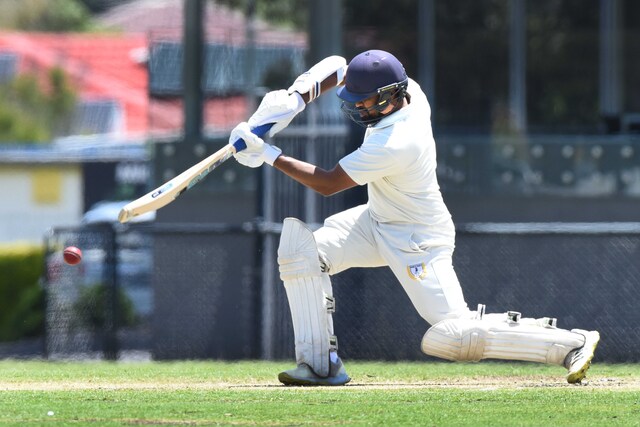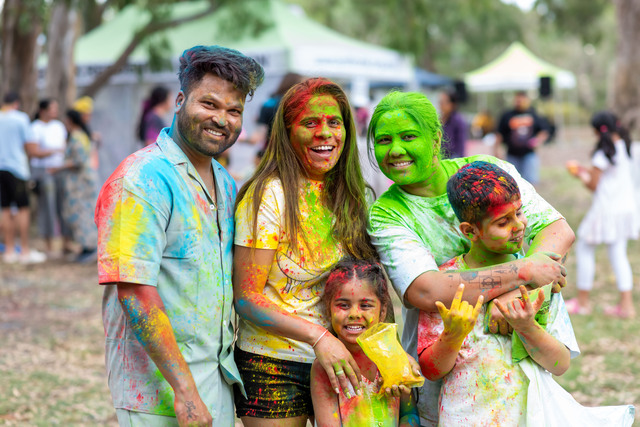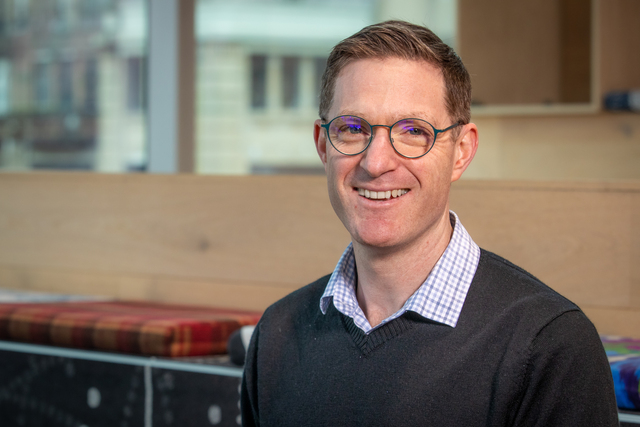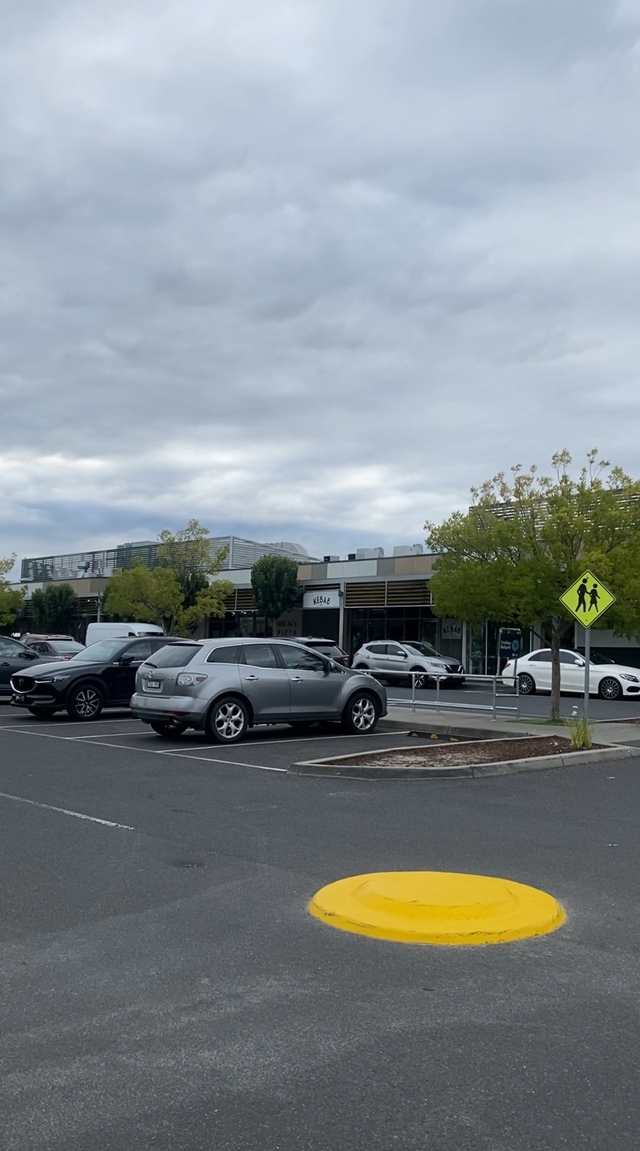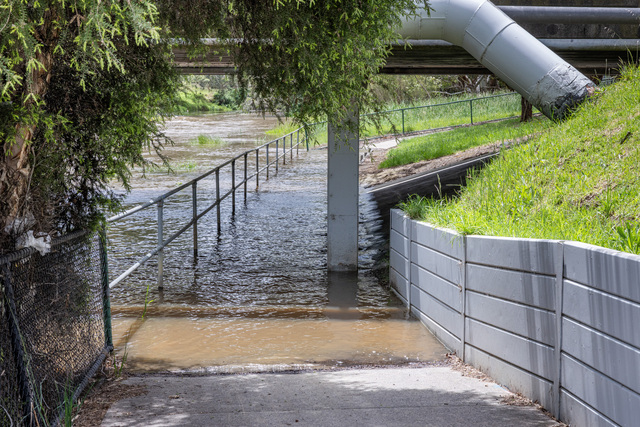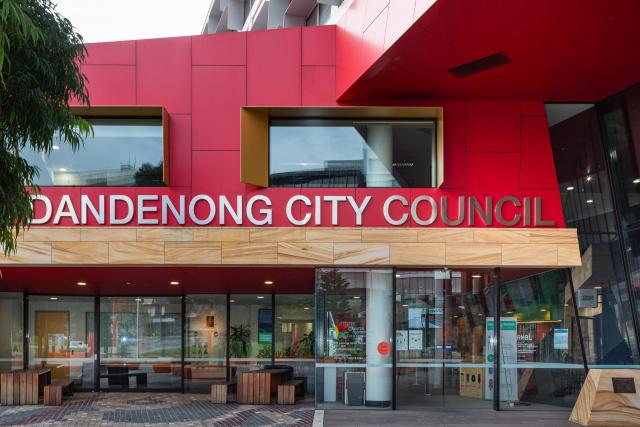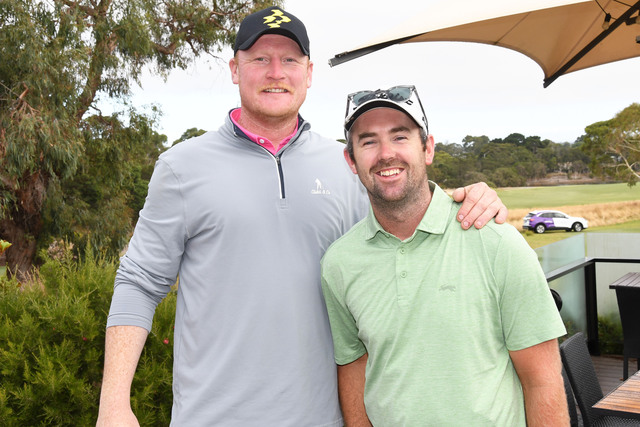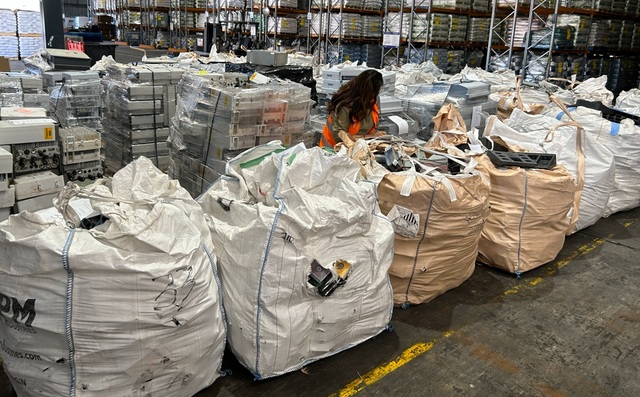Precede: Garfield’s Kelly Fitzgerald is an exceptional athlete. The 58-year-old from the Casey-Cardinia Triathlon Squad recently completed her fist half-ironman event, comprising of a 1.9km swim, 70km on the bike and a 21km run. But it’s her journey to get to the finish line that beggars belief, having suffered multiple spinal fractures late last year. She sat down with Gazette journalist MARCUS UHE to share her incredible road to recovery.
Pull quote – “I went to see my GP and I handed over my list of my injuries and she said, ‘Oh my god Kelly, you’re lucky to be alive, let alone talking.’”
Kelly Fitzgerald will never forget the first day of summer in 2021.
That is, the parts that she can still recall.
After two years of computer-simulated workouts on a spin bike in her living room, the Garfield dairy farmer was seizing the opportunity to get back on the roads and bask in the sunshine to battle legitimate terrain.
Ms Fitzgerald had joined the Casey-Cardinia Triathlon Squad in late 2019 but Covid-19 complications had meant there had been seldom events to participate in since.
She felt as fit as she had ever been, and was sporting newly purchased apparel and helmet as she and a group of friends completed a regular 50-kilometre circuit around Cora Lynn, Bayles and back to Garfield, in preparation for her first half-ironman event early in 2022.
“It was a great day, it was really really good,” Ms Fitzgerald recalled.
“It wasn’t windy and it was quite nice to be outside.
“I felt really, really good on that day, absolutely amazing, and then it ended up being one of my worst days.”
As she left Garfield to embark on a second lap, she was involved in a traumatic collision with a car rendering her unconscious, breaking 20 bones, including a number of vertebrae, and a crushing her oesophagus.
As a result, she doesn’t have a recollection of the incident itself. In fact, the two weeks are somewhat of a blur.
Initially taken to Dandenong Hospital, she was then transferred to the Alfred, where two days after the collision, she was placed in an induced coma for six days and underwent two surgeries to her upper spine.
But she was lucky to even make it to Dandenong. Chilling data from her sports watch, which recorded her heart-rate during the ride, showed she was operating at an alarming five beats-per-minute in the immediate aftermath of the collision, during the critical 40-minute wait for the ambulance to arrive.
Her C1, T1, T2, T3 and T4 vertebrae were all broken. Surgeons pinned her T1 and T2 together, and did the same with T4 and T5, while T3 has a bone graft, and sealed her back with 35 staples post the operation.
“The three things that save your spinal cord are your sternum, your ribs and your back. I broke all of them.”
As she lay in a daze in her hospital bed, feeling isolated, vulnerable, exhausted and alone due to restrictions on hospital visits during the pandemic, she had no idea of the extent of her injuries.
The pain was immense, and she began setting herself little goals to stay focused: eat, walk, and get to the bathroom, which she was told would act as ticket to freedom.
It wasn’t until she was released shortly before Christmas that her new reality began to dawn on her. Living with a friend on a more suitable location for her recovery than her Garfield property, everything was a battle.
A mother to six and grandmother to nine, Ms Fitzgerald had dedicated so much of her time to running her kids around to their school, sporting commitments, social events, or helping with their homework.
Now it was her turn to be cared for.
“I’ve never really shown myself to be sick or unwell,” she said.
“Maybe it’s a Mum thing that you try to hide from everybody else, so I don’t think my family really knew what to do with me, and I found that a little bit confronting. I couldn’t do anything; I couldn’t go to the bathroom, shower, whatever. I could barely move.”
Adding to the physical pain was the mental struggles.
Having to, literally, find her feet again, consultations with her doctor proved confronting as anything in her journey.
“I wasn’t (aware of the extent of my injuries) and I wasn’t until the day after I went home. I went to see my GP and I handed over my list of my injuries and she said, ‘Oh my god Kelly, you’re lucky to be alive, let alone talking.’
“I think I had a cry and then she had one too. And then the injuries hit me. I really had no idea until then, so that was a pretty traumatic day, emotionally.
“I think I was in shock, at how bad it really was. I had spoken to (triathlon coach) Charlie in hospital and I wondered, ‘What did they all know?’ then I thought about Charlie at the accident scene.
“I started to think, what did happen? What was I like? What were others going through as well? Was I really that close to dying?”
Much of these questions will remain unanswered and the thoughts still linger in the back of her mind, nearly 12 months on.
Once she felt comfortable moving back home, her bike, which normally takes pride of place in her living room, had to be moved, out of sight and out of mind, as she considered whether she had spun the pedals for the very last time.
Where she had doubts, however, her coach, Charlie Pragnall, had ambitions.
“The pain was confined to just my back and my chest area and I was having trouble breathing. Charlie said ‘80 per cent of your body is pretty good, 20 per cent is not good, but not in 200 per cent pain’.
“So that puts it into perspective a little bit. That’s how I dealt with the pain.”
Ever the athlete, Charlie Pragnall, an international ironman competitor, began setting her targets.
It started with encouraging Ms Fitzgerald to wriggle her toes while she lay in her hospital bed.
Once she was cleared to exercise again, he had her walking and back in the pool, neck brace and all, swimming backstroke with a flotation device between her legs in the shallow children’s pool at Pakenham’s Cardinia Life, to the amazement of fellow swimmers and staff members, all of whom became invested in her recovery.
Her progress stunned not only the locals who saw her up close, but the professionals who saw her at her worst when she was at the Alfred.
“I took myself off medication after three months. I was off medication, and when I went back to the Alfred they said that was incredible.
“They said, ‘What you’ve done in three months can take two years.’”
There were ups and downs along the way – even now she still deals with the nagging day-to-day aches, and there were some days that were simply too overwhelming.
On her first trip to the velodrome, for example, it took her over an hour and a half to actually get back on the bike.
“I teach my Grandkids to ride bikes and they’ve got training wheels, and I said that I need training wheels.
“Charlie held my bike up and I just peddled. If he let go, I would have fallen down. But he got me up and I did a lap of the velodrome finally, after tears and tears.”
Amazingly, just over four months to the day after the life-threatening collision, she completed the 14.8 kilometre Run for the Kids in April, finishing with immense satisfaction and a ‘runners high’ to beat all runners highs as she crossed the finish line in another step (roughly 14,800 of them) on the journey.
But she wasn’t satisfied. After all, there was still the matter of the half-ironman she initially trained for and never got to complete.
The location was Western Sydney, in early October. Ever her biggest supporter, Charlie Pragnall signed her up; another target.
After the 1.9 kilometre swim, the nerves really began to kick in. Initial early peddle anxieties aside, she had become reacquainted with the bike, but riding in a competitive event among thousands of others was a shift in gears.
“I was panicking.
“I hadn’t been on the bike outside, so being around people was a bit nerve-wracking.
“On the swim, I just watched the orange band on Charlie’s feet. And then he stayed with me on the bike and made sure I was okay, and then we ran together.
“We got to 18 kilometres on the run and I started to tire. He said to me ‘How much do you want it?’ and I said ‘I don’t want it anymore!’ But I did it, I got the extra three kilometres in and I was very proud of myself. And I made it all thanks to Charlie.”
An unfathomable turnaround, from thinking she could be wheelchair-bound for the rest of her life, through sheer determination and with the support of her team, she had finally completed that 1.9km swim, 70km bike ride and 21km run that would have seemed impossible at the beginning of the year.
She credits a unique approach to pain management, the belief instilled in her by Charlie Pragnall and her supporters, from the staff at Cardinia Life to fellow swimmers and everyone who wished her well along her journey.
“Even the ladies at Cardinia Life, just walking in and hearing, ‘Hi Kelly, how are you going?’ or they would say ‘we saw you do that today’ and it was just the little words all that just kept me going.
“They saw the progress and I think that helped.”
So what’s next?
“I would like to do a full ironman, that’s always on the cards.
“I think if I could do that, that would be pretty amazing. I’m doing a half-ironman Perth in December.
“Maybe next year.”



